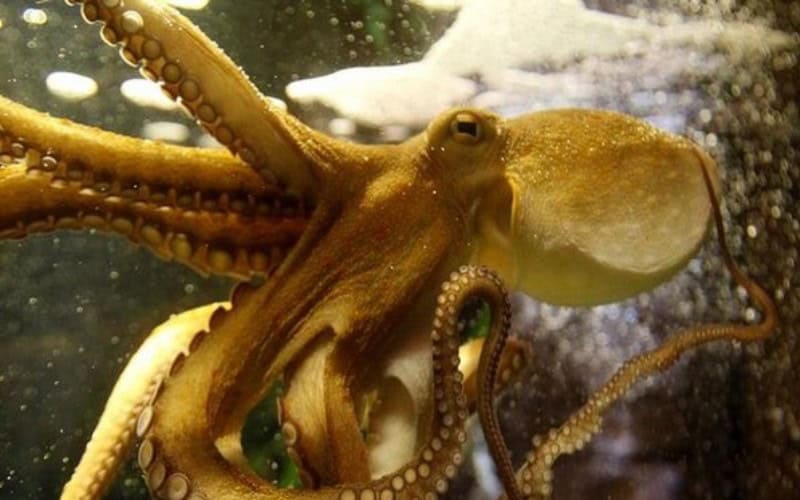Washington : In an interesting new research, scientists found that just like humans, MDMA – the drug popularly known as ecstasy -makes octopuses more social too.
Octopuses are known for being solitary creatures. In the study, Johns Hopkins Medical researchers gave MDMA to a group of California two-spot octopuses to see if and how this drug affects their behaviour.
“Despite anatomical differences between octopus and human brain, we’ve shown that there are molecular similarities in the serotonin transporter gene,” said Gul Dolen, noting that the gene encodes a transmembrane protein that serves as the primary binding site for MDMA. “These molecular similarities are sufficient to enable MDMA to induce prosocial behaviors in octopuses.”
Octopus and human lineages are separated by more than 500 million years of evolution, and yet their genomic analyses showed that O. bimaculoides has the serotonin transporter gene known to serve as the principle binding site of MDMA. The findings added to evidence that ancient neurotransmitter systems are shared across vertebrate and invertebrate species. The discovery also suggested that the octopuses had the molecular components needed to sense and potentially respond to MDMA.
But was it possible that the relatively asocial octopuses actually might show a behavioral response to MDMA similar to people? To find out, Dolen and study’s first author, Eric Edsinger tested the octopuses’ interest in other octopuses compared to novel objects under normal circumstances. Those studies showed the octopuses actually do have more interest in each other, and particularly in other females, than had often been thought.
Next, they tested the octopuses’ interest in each other again while under the influence of MDMA. And what they saw surprised them. The octopuses not only spent more time with other octopus individuals including other males while on the drug, but they also engaged in extensive ventral surface contact. That unusual physical contact between individuals appeared exploratory, not aggressive, in nature.
The findings show that despite being evolutionarily distant from invertebrate species like octopuses, humans share a common evolutionary heritage that enables serotonin to encode social behaviours, the researchers said. They added that the octopuses may rely on common pathways to behave socially at certain times, such as during mating season.
The study appears in the journal Current Biology.
[source_without_link]ANI[/source_without_link]

